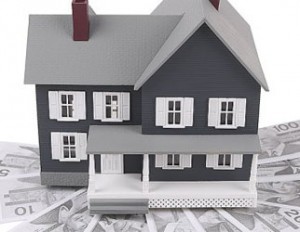Get the best bang for your buck
If you have extra cash what's the better option: pay down your mortgage or invest the money? Bruce Sellery does the math.
Advertisement
If you have extra cash what's the better option: pay down your mortgage or invest the money? Bruce Sellery does the math.

Share this article Share on Facebook Share on Twitter Share on Linkedin Share on Reddit Share on Email